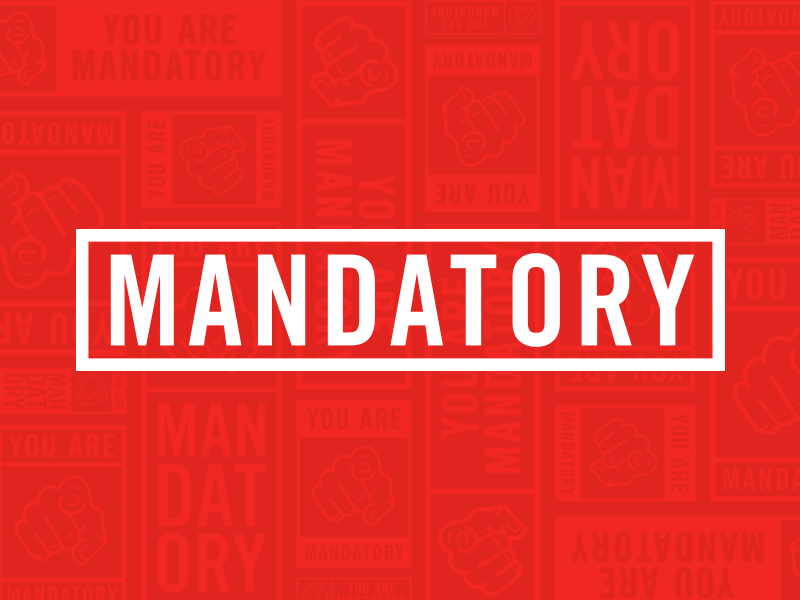“Pokémon Go” is irrefutably the biggest sensation on the internet today. Kids and adults alike (male or female, fat or thin, virgins and non-virgins) are suddenly parading around their now-populated neighborhoods with their chins tucked in, gazing down into their smartphones as they seek out the rarest of Pokémon in their immediate location (or they’ll just settle for Pidgey, who’s pretty much everywhere).

Well everybody BUT me is doing this. You see, I’m Canadian and own an iPhone. Since “Pokémon Go” isn’t available to us Northeners, I can’t play. Well I guess I can (there is a hack available), but I may wait until “Pokémon Go” re-works their terms and conditions, which, if you actually read them (and none of us do) is incredibly invasive.
SO invasive, in fact, that “Pokémon Go” is believed to be a government surveillance ploy that robs its users of their privacy and subsequently spies on us. Ridiculous? See for yourself.
How is “Pokémon Go” spying on me?
I mean, it’s probably not a big deal as the internet is making it seem, but it’s something worth mentioning as the evidence is quite compelling.
By downloading the app, not only do you give the game access to your location and camera (which I understand is required for a location-based augmented reality game), but, considering you use your Google account to sign in (which it recommends), they have FULL access to all of that information as well — our emails, dick pics, documents, web searches, all of it.

It’s still unclear if Android users are affected, but iPhone users most definitely are. Most apps have some pretty sketchy privacy policies. This is generally understood (as they usually read like very boring novels with no beginning, climax or end), but “Pokémon Go” is already more popular than most apps (with downloads in the millions) and its policies are significantly sketchier.
For example, check out this screenshot of the app’s terms provided in a Gawker article that essentially mentions how every piece of information provided to them through the app (which again, is pretty much everything the internet can possibly know about you) is accessible by the government and law enforcement.

And here is just SOME of the information the app “may” request access to.

That’s not all. There’s this piece of sketchy information as well.

Of course, people excited to catch a Mankey in their backyard will overlook this kind of information and hop right into the app’s tutorial with reluctant backpacker Professor Willow. The app’s creators know this. NOBODY reads the terms, because terms are the worst. But it gets weirder.
What is Niantic and what does it have to do with my Pokemon?
Niantic is the company responsible for “Pokémon Go” and was founded by a man named John Hanke, a man whose OTHER company, Keyhole (which was acquired by Google in 2004), happened to receive funding from a government firm called In-Q-Tel, a venture capital firm whose own funding came courtesy of the National Geospatial-Intelligence Agency (NGA), whose mission is to collect, analyze and distribute geospatial intelligence, according to testimony provided by Gawker.
Not only that, but Niantic’s own website copy suspiciously describes the the efforts of their company (written July 6, 2016 — the day the Pokémon app became available) as such: “exploiting the capabilities of smartphones and location technology and through building a unique massively scalable server and global location dataset.”

Now I don’t know about you, but “exploiting” seems like a strange choice of words to describe a company who is encouraging children and adults to catch adorable cartoon characters worldwide, isn’t it?
Is anything being done about this?
Indeed. Seeing this error once the damage has already been done, Niantic Labs has resolved to reduce Pokémon Go’s permission to offset the backlash. Here is Niantic’s full statement in regards to users’ privacy:
“We recently discovered that the Pokémon Go account creation process on iOS erroneously requests full access permission for the user’s Google account. However, Pokémon GO only accesses basic Google profile information (specifically, your User ID and email address) and no other Google account information is or has been accessed or collected. Once we became aware of this error, we began working on a client-side fix to request permission for only basic Google profile information, in line with the data that we actually access. Google has verified that no other information has been received or accessed by Pokémon GO or Niantic. Google will soon reduce Pokémon GO’s permission to only the basic profile data that Pokémon GO needs, and users do not need to take any actions themselves.”

Google, who’s probably pretty pissed at this “error,” declined to comment.
Though likely a huge mistake on Niantic’s part, it’s very unlikely that the company is using Pokémon for global domination, but as for the supporting evidence, it does seem mighty suspicious. Until things get ironed out, online techs say that by deleting the app, you can have all of your personal information back, including that not-so-clever picture of the Diglett where your dick should be.









